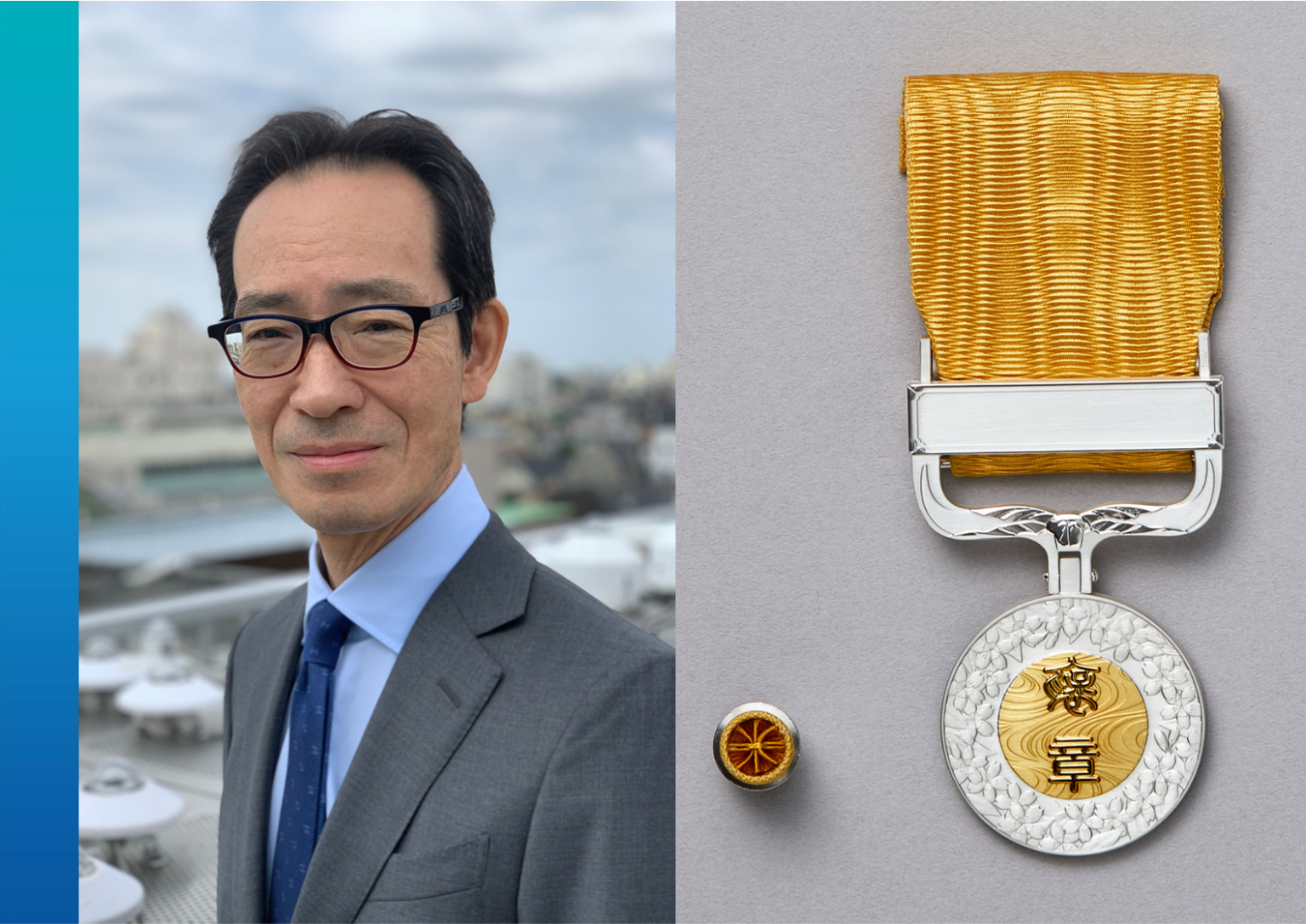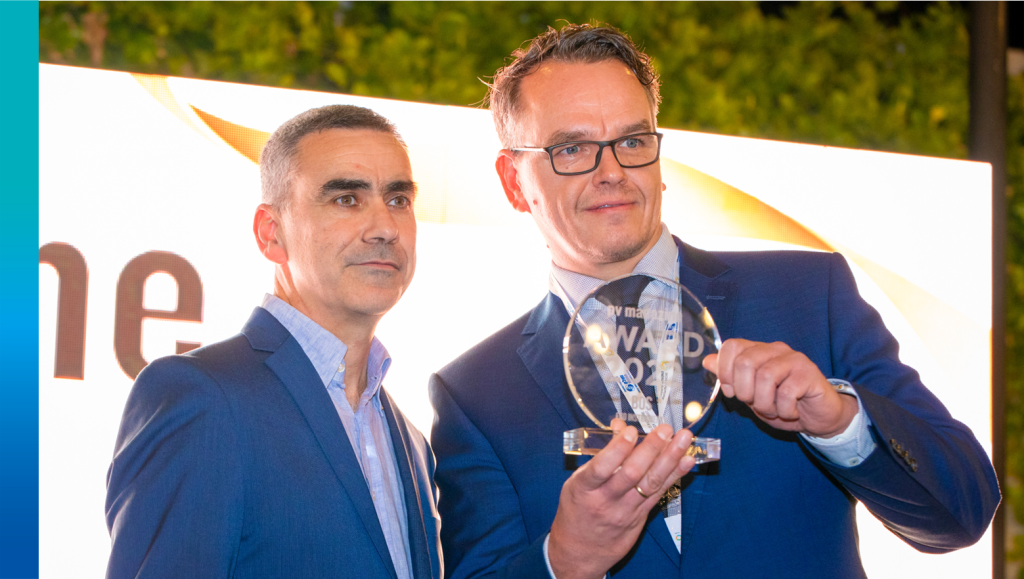From the first solo, nonstop transatlantic flight in 1927—the year EKO Instruments was founded in Osaka, Japan—to NASA’s Ingenuity helicopter’s first powered flight on Mars in 2021, EKO has thrived through nearly a century of transformation. Now, in 2025, the world faces increasingly complex and interconnected challenges.
The last decade has brought unprecedented upheavals. The COVID-19 pandemic exposed vulnerabilities in global systems, while geopolitical tensions and conflicts have highlighted the fragility of peace. At the same time, the climate crisis has intensified, with record-breaking heat, extreme weather events, and biodiversity loss demanding urgent action. Technological advancements like artificial intelligence have reshaped industries but also raised critical ethical and societal questions.
Amid these challenges, EKO Instruments remains steadfast in its mission: to empower scientists and industries with precise tools to understand and protect our planet. Through innovation and sustainability, we continue to lead with purpose toward a more resilient future.
Toshikazu Hasegawa | EKO INSTRUMENTS President

Vision & Mission
To lead the global market in renewable energy, solar, and environmental solutions, providing industries and researchers with the most accurate and reliable data to drive impactful decisions. We envision a sustainable future where our innovative technologies optimize renewable energy systems, advance climate research, and empower societies to thrive while safeguarding the planet.
Our mission is to deliver market-leading measurement solutions that enable precise monitoring of environmental and solar energy systems. By equipping researchers, scientists, and industry professionals with cutting-edge tools, we aim to enhance the performance of PV systems, support renewable energy adoption, and advance environmental understanding. Through continuous innovation, exceptional customer support, and sustainable practices, we strive to empower decision-makers with actionable data to address global challenges and build a resilient future.

Sustainability
At EKO Instruments, we are dedicated to playing a pivotal role in the global effort towards sustainability. By 2030, we aim to allocate 80% of our R&D project costs towards developing innovative measurement and monitoring technologies that directly support the achievement of the UN Sustainable Development Goals of Affordable and Clean Energy (SDG 7) and Sustainable Cities and Communities (SDG 11), with a special focus on climate action and renewable energy solutions. Our commitment is
rooted in the belief that precise and reliable data are essential for informed decision-making in the pursuit of a more sustainable future.
rooted in the belief that precise and reliable data are essential for informed decision-making in the pursuit of a more sustainable future.
Our instruments are key enablers of sustainability, helping organizations achieve their goals. Providing accurate environmental insights empowers industries to optimize operations and reduce their ecological footprint. Committed to innovation, we aim to create a future where technology and sustainability seamlessly converge.

